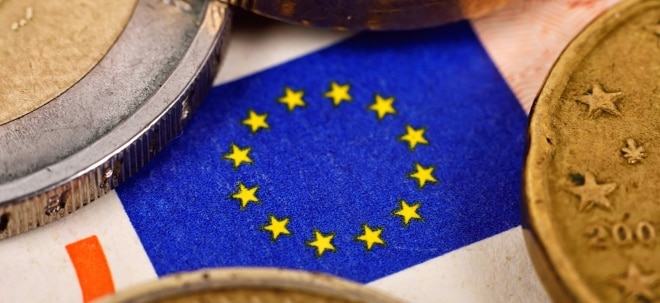A roadmap for protecting our democracies in the age of AI
MONTREAL, Feb. 3, 2025 /CNW/ - The year 2025 will be an important one for democracies worldwide: several dozen countries are due to hold national elections in a world profoundly transformed by artificial intelligence (AI). Recent cases – notably in Romania, Brazil, Gabon and the United States – illustrate the need for action to protect electoral integrity as the proliferation of fake news and growing use of deepfakes – in particular – are affecting public confidence and the quality of democratic debate.
To meet these challenges, academic experts from the North and the South have proposed actions aimed at supporting our institutions to better guard against the negative effects and risks generated by AI interference on elections and democratic processes.
This framework comprises four priority actions:
A major global initiative
These recommendations have been developed as part of the Global Policy Briefs on AI, a new joint endeavour of IVADO, Canada's leading AI research and knowledge mobilization consortium, and the University of Ottawa's AI + Society Initiative. This project aims to provide policymakers with public policy recommendations to address today's major global AI challenges.
For the first brief in this series – "AI in the Ballot Box: Four Actions to Safeguard Election Integrity and Uphold Democracy" – Prof. Catherine Régis (Université de Montréal and IVADO) and Prof. Florian Martin-Bariteau (University of Ottawa) brought together researchers representing North America, South America, Africa and Europe.
The brief is available at aisociety.ca and ivado.ca. It is now available in English and French and will also be translated into Spanish, Portuguese and Italian.
"This mobilization reflects how important it is to take action, but also represents a unique opportunity to help shape the future of our democracies. By pooling academic expertise on an international scale, we can develop solutions that will preserve the integrity of democratic processes," says Professor Catherine Régis, Director of Social Innovation and International Policy at IVADO.
"With our democracies under threat, AI-driven interference requires swift and concrete actions from leaders – both at the national and international level. Without a concerted global effort to align laws, build capacity, and develop processes to mitigate AI risks, Canada – and democracies around the world – remain vulnerable," says Professor Florian Martin-Bariteau, Director of the AI + Society Initiative at the University of Ottawa.
Next steps
IVADO, the University of Ottawa AI + Society Initiative, and their partners will present the recommendations contained in this first brief at an event on the sidelines of the AI Action Summit on Monday, February 10, 2025 at the Université Paris 1 Panthéon-Sorbonne in Paris.
A further retreat is scheduled for the end of 2025 to produce a global policy brief on another major challenge raised by AI.
The project was supported by the Fonds de recherche du Québec, the CEIMIA, the Canada-CIFAR Chair in AI and Human Rights at Mila, and the University of Ottawa Research Chair in Technology and Society. The week-long retreat was organized with the help of the Délégation du Québec à Rome and the Società Italiana per l'Organizzazione Internazionale. This research was supported in part by funding from the Canada First Research Excellence Fund.
About IVADO
IVADO is an interdisciplinary, cross-sectoral research and knowledge mobilization consortium whose mission is to develop and promote a robust, reasoning and responsible AI. Led by Université de Montréal with four university partners (Polytechnique Montréal, HEC Montréal, Université Laval and McGill University), IVADO brings together research centers, government bodies and industry members to co-build ambitious cross-sectoral initiatives with the goal of fostering a paradigm shift for AI and its adoption.
About the University of Ottawa AI + Society Initiative
The University of Ottawa AI + Society Initiative defines problems and identifies solutions to essential issues related to AI to support a better understanding and framing of the ethical, legal and societal implications of AI by leveraging a transdisciplinary approach. The Initiative promotes an inclusive research agenda with a specific focus on avoiding the amplification of global digital injustices through AI for affected communities. Led by the University Research Chair in Technology and Society, the Initiative is incubated at the University of Ottawa Centre for Law, Technology and Society, Canada's premier research hub on technology law, ethics and policy, with the support of the Alex Trebek Forum for Dialogue.
SOURCE IVADO


